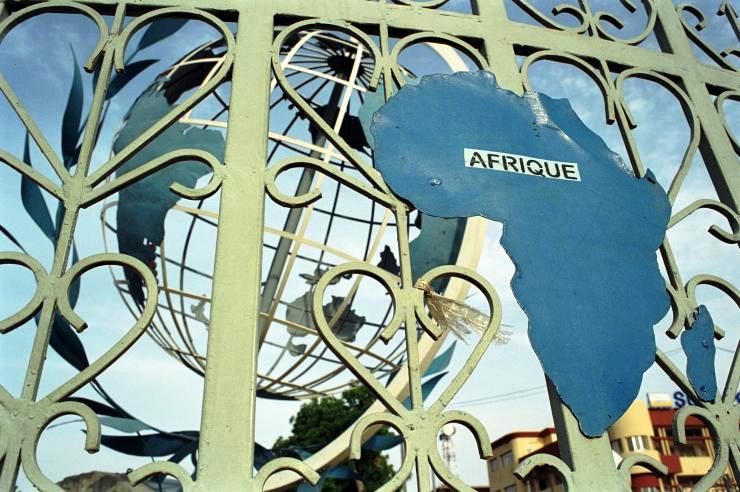Africa. Reasons for coups d’état.

What happened in Gabon on 30 August was only the latest coup attempt in Africa, a continent that has seen eight in the last three years. The first took place in Mali, a country that suffered two coups in nine months between 2020 and 2021, while the last one before Gabon’s took place in Niger.
On the eve of independence, the African elite split into two trends: the Monrovian (1961) and Casablanca (1962) groups.
The former sought to maintain “privileged” relations with the former metropolises, while the latter hoped for clean breaks and relationships commensurate with their new status.
The Monrovia bloc prevailed, giving rise to bodies such as the OAU in 1963 (which became the AU in 2001) and ECOWAS in 1975. Even if in many cases they were mutually exclusive – as in the case of Niger’s Djigo Bakary who supported the no vote in the 1958 referendum, but 72% of the votes cast were in favor of maintaining links with France. However, under Bakary’s successor, his cousin and fellow Songhai-Zarma Hamani Diori, independence was proclaimed on 3 August 1960.
In some African governments, there was cohabitation, as in the case of Patrice Lumumba (separate from Belgium) and Joseph Kasavubu (collaborationist) in the current DRC, or of Léopold Senghor (collaborationist) and Mamadou Dia (separate from France) in Senegal.
Those who called for separation from the former colonies were often excluded from power. After independence, both blocs fought wars of influence through coups or armed rebellions. However, African conflicts cannot be explained simplistically with this variable. Some involve rival factions within the same bloc, such as the 1999 coup in Côte d’Ivoire, where collaborators overthrew a proponent of this trend. There have also been changes of sides: in Burkina Faso, Compaoré went from separatist to collaborator in 1987.
Behind this premise, which defines the framework for understanding the coups that have shaken the continent since 2020, starting from Mali and ending, so far, with Niger and Gabon this year, there are speculations on their purpose and on the popular support they receive.
Many analysts see them as challenges to France and its neocolonial policy, Françafrique, which has spread beyond its former African colonies. Although there is a desire among some populations to profoundly reform the relationship with France, not all coups
have this objective.
Some support them without aiming for the fall of Françafrique. The latest two, Niger and Gabon, show different realities.
In Niger, the objective is to face France, perceived locally as neo-colonialist and arrogant, by requesting and obtaining the withdrawal of French troops and the ambassador.
In Gabon, the perception is different, as neither the military junta nor the people on the streets are calling for the departure of the 700 French soldiers stationed in the country. There are no complaints from Françafrique either in Gabon or Guinea. International reactions also vary
from case to case.
In Niger, where France had asked for the reinstatement of the deposed Bazoum, there have been sanctions, including suspension from African organizations and the closure of borders, preventing the entry of humanitarian aid, and there is a military threat.
No similar appeals have been launched in Gabon. Although there was electoral fraud that undermined the legitimacy of the ousted Ali Bongo, no one is calling for a recount and sanctions are limited to suspension from organizations such as ECCAS and the AU. In summary, while the coups in Mali, Burkina Faso and Niger seem linked to the conflict mentioned at the beginning, those in Guinea and Gabon could be the result of internal conflict between the supporters of the Monrovia group.
Dagauh Komenan



